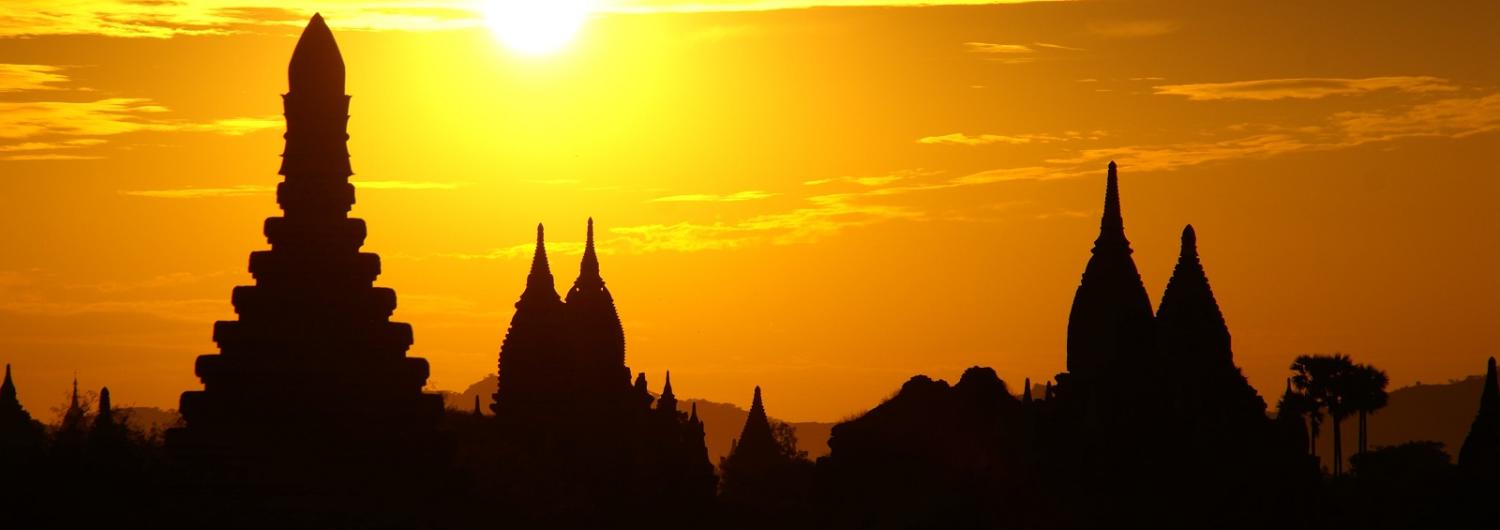The world was watching when Aung San Suu Kyi's National League for Democracy took power in April after an historic election win in November 2015. That month, Stephen Gray wrote of the challenges posed by Myanmar's 'ethno-political mosaic':
To genuinely deliver on its promises for peace and reconciliation, the new government will need to build more inclusive parliamentary and non-parliamentary processes than the country has ever seen, without allowing descent into the 'chaotic democracy' the army fears. In the short term, this requires opening space in either parliament or the peace process for ethnic political parties and ethnic armed organisations, several of which are still at war with the Myanmar military. In the long term, this means political compromises that meet ethnic minority aspirations for more autonomy in their ancestral homelands.
The critical question is how broad the new government’s definition of reconciliation will be.
The following month, Andray Abrahamian observed one potentially disruptive element, the Ma Ba Tha, aka the 'face of Buddhist terror' had faded much faster than expected, failing to rally much support after Yangon Chief Minister Phyo Min Thein boldy said 'We don’t need Ma Ba Tha'.
Ma Ba Tha leaders called for the government to punish Phyo Min Thein and threatened a nationwide campaign against him. An escalation of the conflict seemed likely: in the past Ma Ba Tha’s leaders have shown a great capacity for mobilising supporters, usually small in numbers, but vociferous and sometimes violent. This time though the authorities also moved quickly. A spokesperson for the National League for Democracy (NLD), said the party would not take Ma Ba Tha 's demands on the matter seriously. The Chief Minister’s remarks were in the context of the state already having an oversight committee for the state religion. The Sangha Maha Nayaka Committee is a clerical council appointed by the government to oversee Buddhist religious life. Within a week, and likely in coordination with the NLD, the Sangha declared that it did not recognise Ma Ba Tha in the official Buddhist order, greatly delegitimising it. Ma Ba Tha’s most prominent monk, Wirathu, lashed out with insults regarding the government and Aung San Su Kyi, calling her a dictatorial woman, but the protests Ma Ba Tha promised have failed to materialise.
Furthermore, census results on religion were released late last month. This was after two years of delay due to the sensitivity of the information. They showed that the Muslim population has not risen significantly over the last 30 years, diminishing a pillar of Ma Ba Tha’s fearmongering on the Islamic penetration of Myanmar.
But other problems are more intractable. Jiyoung Song wrote of the plight of Myanmar's Muslims, the 1.3 million Rohingya who live mainly in Rakhine, one of Myanmar's poorest states.
The state's economy has been stagnant for some time; there are not enough jobs, and there are no substantial industries. The Chinese pipeline project at Kwaukpyu and the Indian company developing the Sittwe port are the only visible source of foreign investment; their actions have not benefited the local economy. The locals depend on fishing and agriculture for subsistence. Tourism may grow, but it would require Yangon to invest in infrastructure and training, which does not seem likely in the near future at least.
Rakhine streets are largely safe with no soldiers or police patrols. There are some areas where foreigners cannot go without permission, but otherwise they are allowed to move around as they please. Rohingyas, however, cannot. Much of what was once their land has been confiscated. Their mosques are abandoned. Most live in designated areas, largely in northern Rakhine, near the border with Bangladesh. These are highly restricted environments with little support from Yangon. Groups like the UNHCR, the UNDP and other NGOs try to fill the gaps in education, training and healthcare. Measured against a developed country standards, the IDP (internally displaced person) camp conditions are appalling.
By the end of the year, Aung San Suu Kyi, who had appeared unable to do no wrong, was the subject of intense inernational criticism after ethnic violence forced Rohingya refugees to flee to neighbouring countries. In December Andrew Selth noted the powerful role still played by Myanmar's military, the Tatmadaw.
Since Aung San Suu Kyi came to power, armed forces commander-in-chief Min Aung Hlaing has reminded audiences both in Myanmar and overseas of the Tatmadaw’s central role in national affairs, and its legal right to take back the formal reins of power under certain circumstances. He has also warned of the dangers of an unstable government and restated the need to end all armed conflicts. Most people assume that he was sending messages to the State Counsellor.
Comedians may joke about Aung San Suu Kyi’s failure to change Myanmar as quickly as everyone hoped, but the public mood seems to be shifting. The Lady, as she is known, is still seen as preferable to the military leaders of the past, but the euphoria of last year’s election landslide has faded. There is now increasing scepticism about the government’s willingness to make the necessary changes and, more to the point, its ability to do so.
The country is not yet at a tipping point. The criticisms heard overseas about the harsh treatment of the Rohingyas are not being made by many people within Myanmar, where anti-Muslim sentiment is strong. The Tatmadaw’s operations against minority ethnic groups in the north have little impact in the central lowlands, where most of the population lives. Grumblings about the slow rate of democratisation and modernisation are not a threat to stability – at least not yet.
Should the current arrangement between Aung San Suu Kyi and Min Aung Hlaing break down, however, it will not matter who is in the driver’s seat. The wheels would come off Myanmar’s vehicle of state, with the inevitable result.
Photo courtesy of Flickr user Patrik M Loeff
